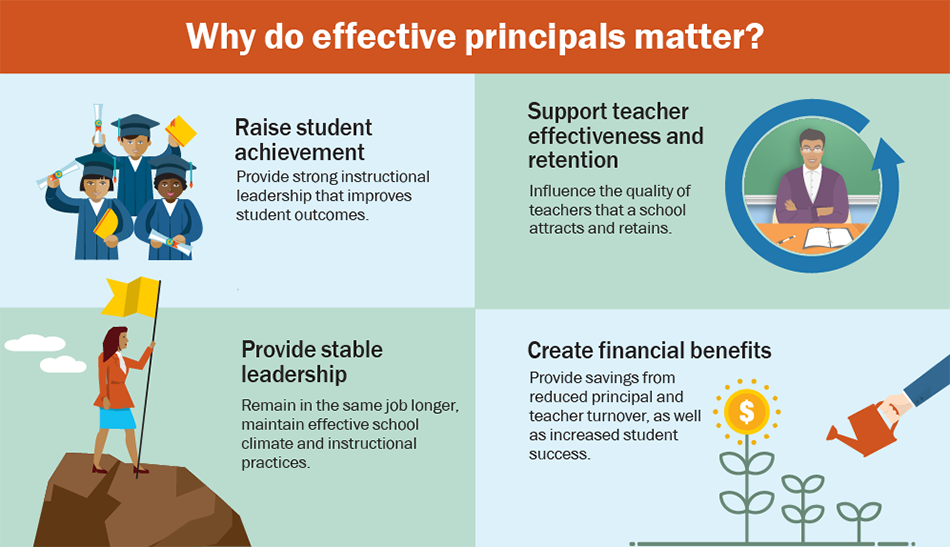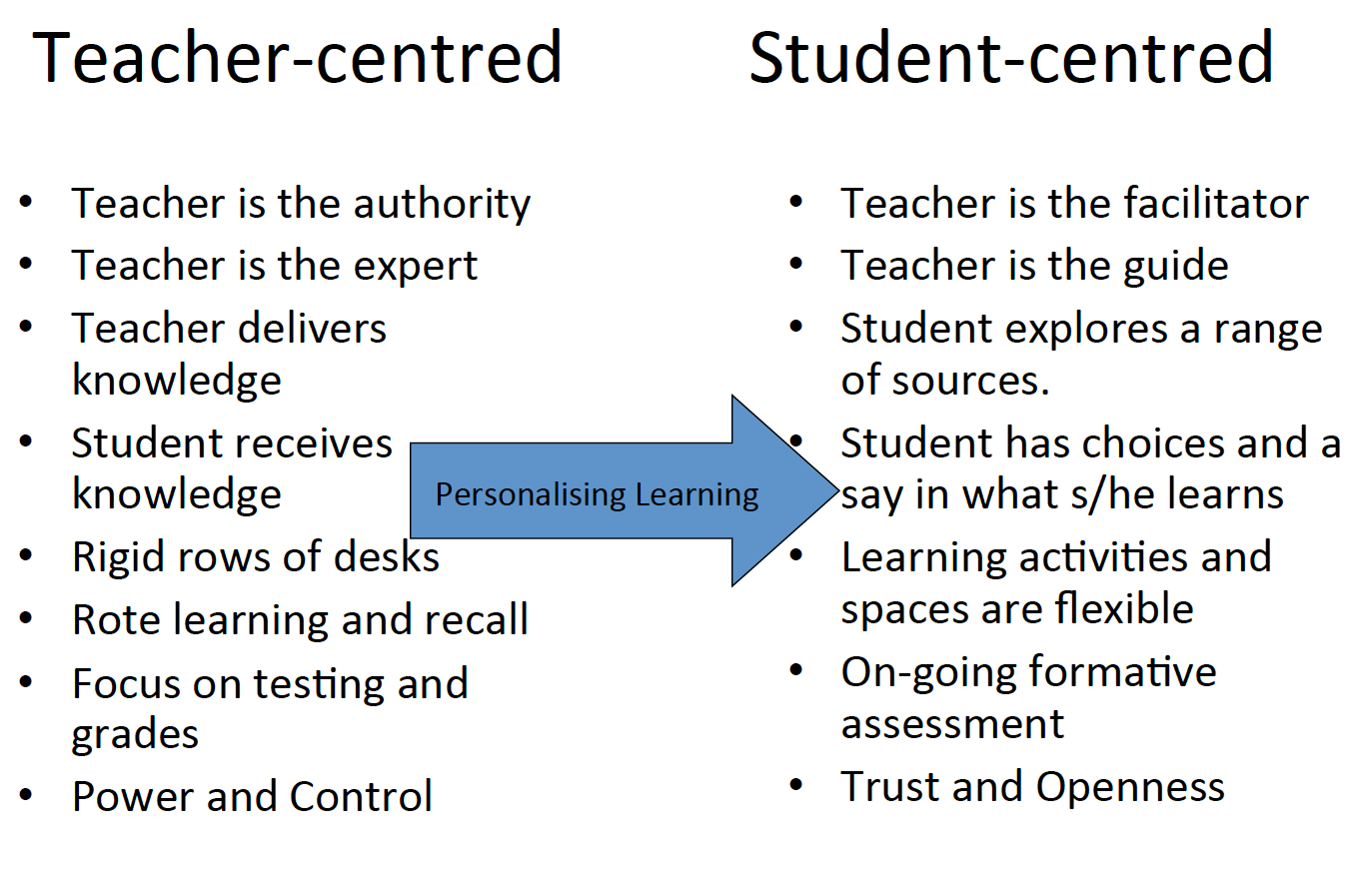“A leader takes people where they want to go and a great leader takes people where they don’t necessarily want to go but ought to be.” (Rosalynn Carter)
Karim Muhammad Khan

Why does a school exist? Several empirical findings reveal that the purpose of the existence of a school is to carry out the teaching-learning process successfully and to make this happen school leadership’s role is very crucial. In literature, the definition of school leadership has been diverse but researchers usually define leadership as individual perspective, traits, behavior, roles, and processes. However, not all leadership models are equally prolific as some are more efficacious than others, whereas the review of extensive studies unfolds the notion that instructional leadership behavior plays a vital role in boosting up teaching-learning process.
This article intends to illustrate the main roles, traits, and processes of an instructional leader i.e. to make school development plan (SDP), manage curriculum, get to know classroom dynamics, monitor lesson plans, ensure parental involvement, create a culture of collaborative learning and encourage self-assessment protocol to promote student learning outcomes.
The first and foremost responsibility of an instructional leader is to prepare SDP, formulate vision with the collaboration of the key facets of the learning community i.e. teachers, students, parents and policymakers in the process. For instance, in envisioning exercise common ideas, belief and opinions are sought from the stakeholders such as what a good school should look like and where they want to see their school in a couple of years ahead. Adding to that their common ideas and beliefs are collated, reviewed, clarified, refined, articulated, communicated and shared to all stakeholders as shared vision get them connected towards the common goal.
 Subsequently, the mission is set and core values of the organisation like honesty, trust, integrity, respect, and fairness are framed. Afterward, the baseline assessment of the existing school situation is conducted to find out strengths, weaknesses, opportunities, and threats. Next, school goals are devised and themes are identified and prioritized. Finally, action plans are developed in which prioritized themes, objectives for each theme, strategies, resource persons and timeline are in place to execute them properly in order to attain the shared vision.
Subsequently, the mission is set and core values of the organisation like honesty, trust, integrity, respect, and fairness are framed. Afterward, the baseline assessment of the existing school situation is conducted to find out strengths, weaknesses, opportunities, and threats. Next, school goals are devised and themes are identified and prioritized. Finally, action plans are developed in which prioritized themes, objectives for each theme, strategies, resource persons and timeline are in place to execute them properly in order to attain the shared vision.
Next step is to know well about the curriculum, its competency, standard, benchmarks, and students learning outcomes in each subject and grade level. Further having knowledge of curriculum design and its components such as aims, goals, objectives, subject matter knowledge, teaching methods/strategies and assessment and its inextricable associations with each other are very important in making the teaching-learning process efficient and preparing good human beings and responsible citizens for future.
Moreover, to be well versed in classroom dynamics i.e. individual differences, different learning styles, teaching methods, and techniques, dealing with student’s unwanted behaviour and applying new learning outside the classrooms should also be part of instructional leadership’s trait and behaviour. Since classroom dynamics have been changing from teacher-centred to child-centred while teachers have to play the role of facilitators and guide. But that doesn’t mean that they have nothing to do in the class rather they always go around to guide and provide support in group work and individually.
In addition, monitoring lesson plans by observing demos to highlight pros and cons in the lesson followed by constructive feedback to appreciate strengths, and overcoming gaps by certain adjustments and amendment in the coming lesson plan are also essential in enhancing professional learning.
Hence, evaluating teachers’ performance persistently with ongoing feedback can, indeed, pay off in terms of better classroom teaching and that can bring about positive change in students’ learning outcomes.
Besides, both empirical and theoretical findings also disclose that there is a strong correlation between students’ academic achievement, timely provision of parental support and care to their children in school as well as at home. Therefore, the headmaster should also engage parents and his/her representative through parent-teacher meeting, inviting them as guest speakers, observing parents’ day and partaking in important celebrations in the school. School atmosphere for parents and all community members should be conducive and welcoming as they could come without any fear or hesitation.
Finally, to enhance teachers’ capacity, a culture of collaborative learning can be created by developing book and article reading habits, introducing mentoring in which an experienced teacher could help a less experienced one in content knowledge and pedagogy. Alongside many more relevant reading materials available on numerous websites could also be beneficial.
Moreover, school leadership should develop the culture of self-assessment through which teachers should be made responsible to monitor their own learning by maintaining reflective journals regularly in which daily delivered lessons are reflected critically to figure out good points and weak areas with solid reasons followed by suggestions for further improvement and here teachers can also help each other through pair teaching, model lessons and sharing success stories with one another as well.
However, the practices of the aforementioned leadership traits, behaviour, roles and process are not being observed in most of the government schools except few premier educational institutions and model schools across the country as the majority of these schools are being led by conventional headmasters deputed on a seniority basis. The traditional school leaders give less attention to classroom dynamics owing to multiple reasons i.e. lack of subject matter knowledge, pedagogical skills of teacher’s performance appraisal and less parental involvement in school improvement initiatives.
Additionally, the overload of administrative chores in school is yet another reason for paying little heed to classroom practices. But what and how is being taught in the class? Whether the atmosphere is conducive and engaging enough for learning to take place are, indeed, some of the crucial questions that must be addressed. Hence, due to less attention in classroom observation, many loopholes left unaddressed in teaching-learning process due to which children’s potentials mostly remain dormant. Consequently, government schools are blamed for poor performance in academics, particularly in board exams.
 Therefore, keeping the aforementioned dynamic roles of instructional leadership in the school improvement process, certain initiatives and reforms need to be taken at the policy level. For instance, the policy of selecting headteachers solely on a seniority basis in service should be abolished as an aging person’s passion for learning, leading and managing the organisation becomes stagnant and declines naturally. Thus merit and performance-based selection of principals should be introduced in schools to make public sector institutions vibrant and flourishing in terms of better classroom practices with high student academic achievements.
Therefore, keeping the aforementioned dynamic roles of instructional leadership in the school improvement process, certain initiatives and reforms need to be taken at the policy level. For instance, the policy of selecting headteachers solely on a seniority basis in service should be abolished as an aging person’s passion for learning, leading and managing the organisation becomes stagnant and declines naturally. Thus merit and performance-based selection of principals should be introduced in schools to make public sector institutions vibrant and flourishing in terms of better classroom practices with high student academic achievements.
In a nutshell, to make teaching-learning process productive, review of numerous studies show that instructional-oriented principals play vital role in setting SDP, managing curriculum, knowing classroom dynamics, monitoring lesson plan, ensuring parental involvement, creating a culture of collaborative learning and encouraging self-assessment protocol in order to promote students learning outcomes. But unfortunately, most of the public sector schools are lacking instructional leadership behaviour in practice owing to lack of leadership qualities and traits as the majority of them are deputed on seniority.
Therefore, the policy of selecting headmasters based on merely seniority should be abolished rather a quota to appear through FPSC and PPSC should be increased or within department certain policy of test and interview needs to be in place for selection of headmasters in schools across the country.
Last but not least professional development sessions for principals need to be conducted frequently in order to develop their capacity to deliver with efficiency.
![]() Karim Muhammad Khan is an educator and administrator a public school in Ghizer Dizer District
Karim Muhammad Khan is an educator and administrator a public school in Ghizer Dizer District

